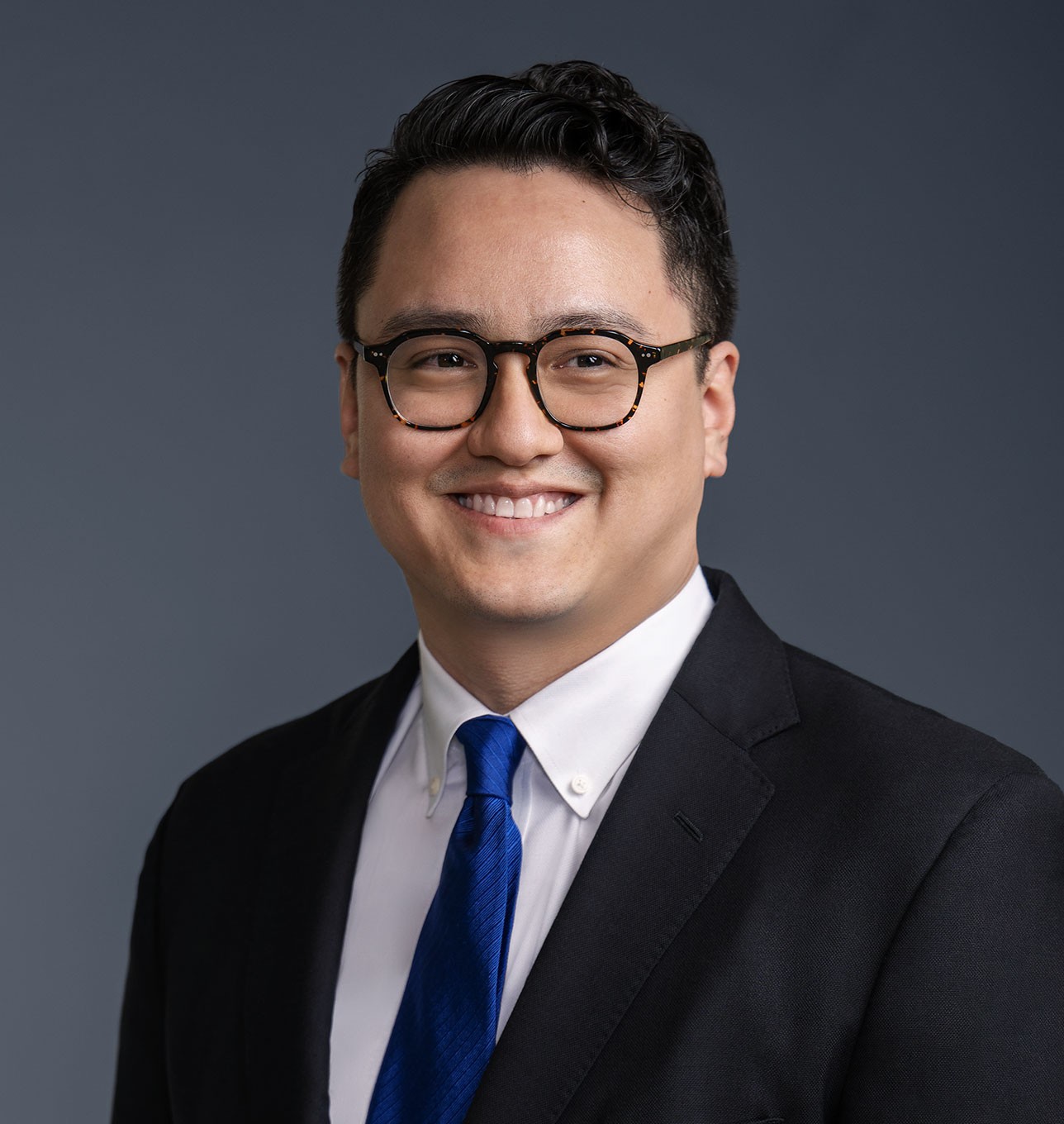The International Student Talent Pipeline: Changes in US Visa and Work Authorization Policies
The Trump Administration has announced a series of potential changes affecting student visas that could alter how US companies can recruit and retain foreign nationals, particularly those entering the workforce following study at US universities. These measures include: (1) applying additional scrutiny of Chinese student visas; (2) pausing all visa interviews for student and exchange visa applicants in preparation for expanded social media vetting; (3) restricting university enrollment in certain instances for international students; and (4) examining post-graduation work opportunities for foreign nationals.
It is critical for organizations to understand these changes, as they may fundamentally change workforce planning, talent acquisition, and compliance strategies. Below, we examine each of these changes and the impact to employers.
I. Scrutiny of Student Visa Applicants
On May 28, 2025, Secretary of State Marco Rubio announced a plan to “aggressively revoke” and apply increased scrutiny to student visa applications from citizens of China and Hong Kong. In particular, the announcement identified students with ties to the Chinese Communist Party and those studying in “critical fields” as primary concerns. The move reflects not only an escalation in US-China geopolitical tensions, but also a broader effort to tighten policies on student visas and international student enrollment.
II. Pause on Student Visa Appointments
One day earlier, on May 27, the State Department ordered US embassies to stop scheduling new visa interviews for students and exchange visitors, in preparation for expanded social media vetting of applicants. The directive applies to new interviews for F and M student visas, as well as J exchange-visitor visas. Previously scheduled visa interviews appear to be unaffected. The pause will remain in effect until the State Department issues further guidance.
At the time of this writing, the State Department has not publicized the scope and specifics of the expanded social media vetting program, including what information the screenings will cover and which countries will be affected. The State Department already collects social media information of all applicants for temporary (nonimmigrant) visas, a practice that began during the first Trump administration and continued into the Biden administration.
III. Revocation of University Foreign Student Certifications
On May 22, 2025, the Department of Homeland Security (DHS) announced the revocation of a prominent university’s Student and Exchange Visitor Program (SEVP) certification. Loss of SEVP certification means the university may not enroll international student visa holders. According to a DHS press release, the action was intended to hold the university accountable for its role in “fostering violence, antisemitism, and coordinating with the Chinese Communist Party on its campus.” DHS Secretary Kristi Noem stated that other universities could face similar consequences if they fail to comply with the department’s requirements.
Since the announcement, a federal district court has granted the university’s request for a temporary restraining order, thus allowing the university to continue enrolling international students. The actions of the Administration signal a willingness by DHS to take aggressive measures. Other universities may face similar scrutiny, which could disrupt the pipeline of international students entering the US workforce.
IV. Potential Curtailment of Optional Practical Training
Optional Practical Training (OPT) is a temporary work authorization program for international students in the United States in the F-1 student visa category. A student may be eligible for training/work for up to 12 months for non-STEM fields or up to 36 months for STEM fields. To be eligible for OPT, a student must maintain valid F-1 status, have completed at least one academic year of full-time study in the United States, and be physically present in the United States at the time of the application.
An increasing number of international students granted OPT have received warnings to update their government records with their employer information or face proceedings to remove them from the United States. This aligns with existing regulations governing employment during OPT, and the notices are coming at a time of heightened uncertainty for international students and may signal the Administration’s closer scrutiny of the boundaries of post-graduation employment.
Critics of OPT, including some US Congressional representatives, argue that DHS does not have the authority to create and maintain these programs as Congress has not explicitly authorized them. They also cite concerns that OPT yields a work authorization program that is larger than the employment programs expressly created by Congress (such as the H-1B specialty worker program).
Impact to Employers and Their Workforce
These developments may have a significant impact on the ability of US companies to access and retain international talent. The revocation of student visas, delays in visa processing, the potential loss of SEVP certification for universities, and the possible elimination of OPT will reduce the pool of highly educated foreign workers available to American employers. Sectors that rely heavily on high-skilled foreign national employees—such as technology, engineering, healthcare, and academia—are particularly vulnerable.
The overall climate of uncertainty may also deter top international students and professionals from considering opportunities in the United States, further exacerbating talent shortages. The current changes in US immigration policy represent a pivotal moment for employers who depend on international talent. Understanding and responding to these developments is essential for maintaining business continuity and long-term growth.




